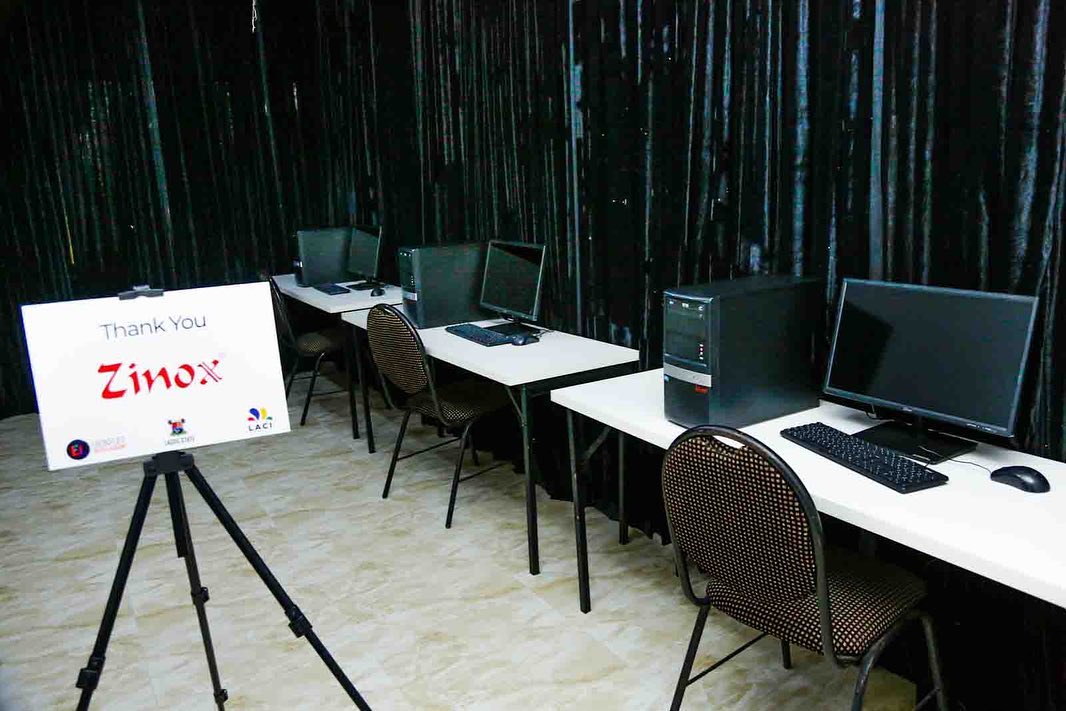Rising from a one day Stakeholders’ Forum on Internet Services Providers (ISPs) to look at how best to grow the segment in Nigeria, the regulator, Nigerian Communications Commission (NCC) has on the rate of collapse of companies in the sector over the years, saying only 10 per cent of the 103 licensed ISPs in the country has approached it for licence renewal.
But in a telephone interview with the managing director of leading ISP, Spectranet Limited, Mr. David Venn on Tuesday, he opened up, saying whereas NCC is decrying that about 90 per cent had gone, the remaining 10 per cent are already on the line of collapse.
According to him, “It is important to understand that all those ISPs that failed to renew their licences have all gone down due to other challenges.
“The issue is they are deserting the Nigerian telecoms market not because it is not rich, but they cannot just make a business as it should be due to costs of doing business.” Venn said.
Continuing, he said “From all indications, none review of Data Price Floor (DPF) remains the current biggest issue frustrating ISPs in Nigeria today even more than taxation, power, forex, infrastructure and policy summersaults”.
“Though I was not there, I had expected to see or read about more discussions on the main issue affecting the sector right now which is DPF.
“Now, DPF is the biggest issue affecting not just the ISPs but all the operators who have more investments on networks in mind. However, the scenario hurts the ISPs more.
Let me put it clearer and straight. It affects broadband operators not just ISPs. They are suffering most and it’s not good for the industry now.
“Am happy, Business Hilights also did a report on the plea made by 9Mobile officials when they visited NCC. They asked for the review of the DPF. That shows that it is not only affecting us as ISPs but other GSM telecoms who mean well for the sub sector.
“Keeping the data price floorless is destroying the industry because the needed investments that will drive competition and consolidate the market segment is no more there.
Spectranet boss averred further that “what the current scenario means is that there is no real case for further investments in the sub sector”.
“This is so because nobody invests in a situation you are not sure of recouping and get your return and that’s the problem in the floorless data price,” he summed up.
It would be recalled that NCC had on Monday at Sheraton Hotel, Lagos during its ISP stakeholders meeting fingered issues bordering on power; accessibility of forex; multiple taxation/regulation; infrastructure; vandalism as well as high costs; and long delays in obtaining right of way and permits as key factors derailing the quality of services provided by the licencees.
Earlier in his welcome address, the executive vice chairman of NCC, Prof Garba Dambatta, said the larger telecom industry of which ISPs are integral part, is beset with numerous challenges.
Represented by Sunday Dare, executive commissioner, Stakeholders Management, EVC decried that issues with power, accessibility of forex, multiple taxation/regulation, infrastructure, vandalism as well as high costs and long delays in obtaining right of way and permits not only degrade the quality of services provided by the licencees, they also negatively affect critical the attainment of critical national objectives on the speedy roll-out of broadband networks to power socio-economic growth and the enhancement of the country’s contribution to national gross domestic product (GDP).
In his views, Danbatta agreed that “The viability of ISPs is particularly challenged by factors such as the availability of cheap/ubiquitous mobile internet access, bandwidth costs, vertical integration of mobile network operators as well as the growing uptake of leased line services by operators among others. Also noteworthy is the question of availability/effectiveness of local internet exchange point”.
“We believe the ISPs have a critical role to play in the attainment of national broadband growth objectives and must therefore not be left to die out,” he said.
Leading discussions, director, Licensing and Authorisation at NCC, Ms Funlola Akiode, revealed that the Commission has witnessed a tremendous decline in the number of applications for ISP licences while the renewal rate of this licence category too has dropped drastically.
In her submission, she noted that “In the past five years, the Commission has licenced a total number of 103 ISPs nationwide but about 10 per cent has applied for renewal of the licence. That is of the reasons why we are here today, to find out if and why about 90 per cent of our ISPs are out of business and why some ISPs have not rolled out services in accordance with the conditions of their licences”.
Akiode argued that as a responsive regulator, the sustainability of ISPs in the telecoms business is the primary interest of the Commission, adding however that the regulator is not unmindful of the difficult operating environment, the stifling competition from a variety of players, dearth of funding and so on.









